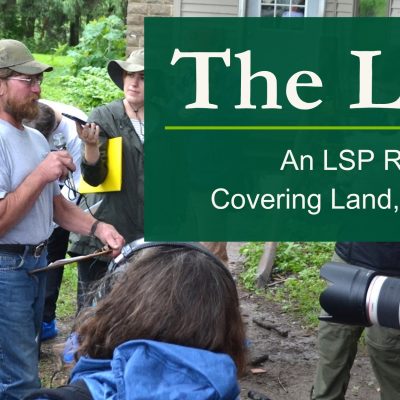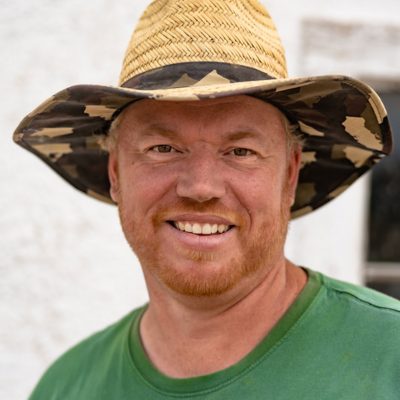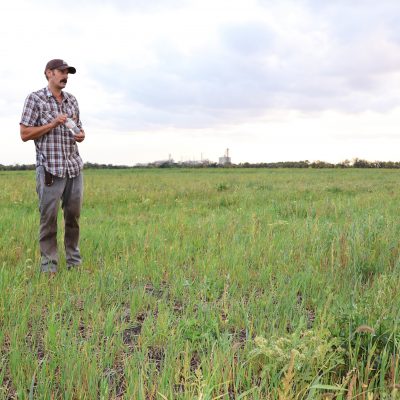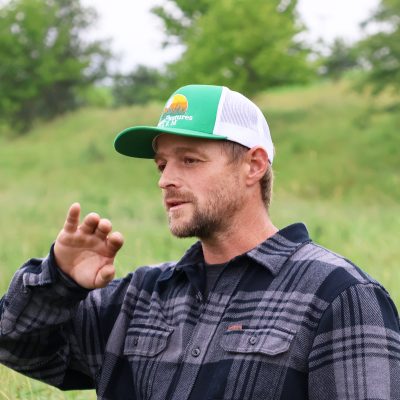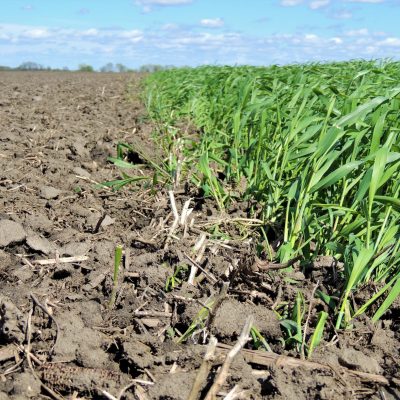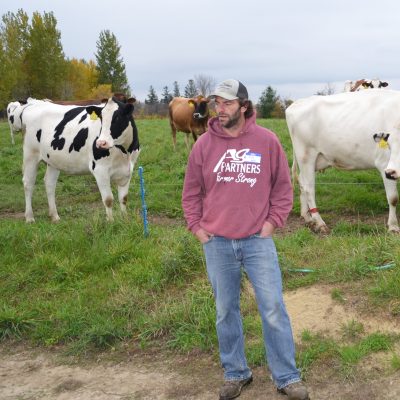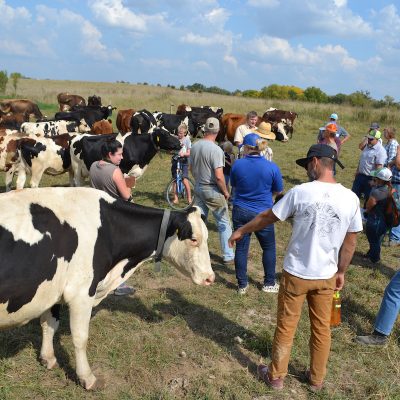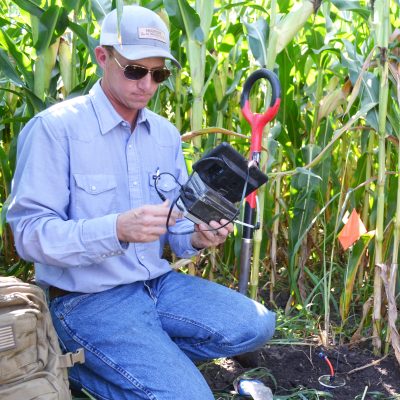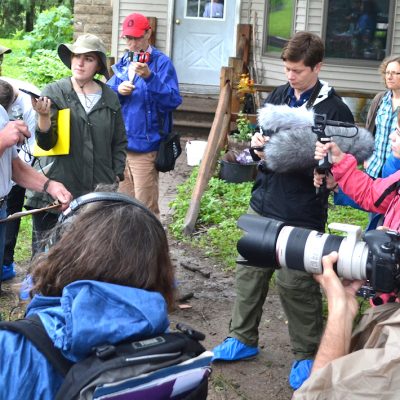Land Line: Monopolies, Crop Rut, MISA, Soil Microbes, Corn Production Costs, Nitrates, Kernza
Outraged Farmers Blame Ag Monopolies as Catastrophic Collapse Looms (9/9/25) Farm Journal describes a tumultuous meeting in Brookland, Ark., where 400-plus farmers met with field representatives from the offices of U.S. Sen. Tom Cotton, U.S. Sen. John Boozman, and U.S. Rep. Rick Crawford, along with a representative sent by Gov. Sarah Sanders. The farmers raised… Read More →
